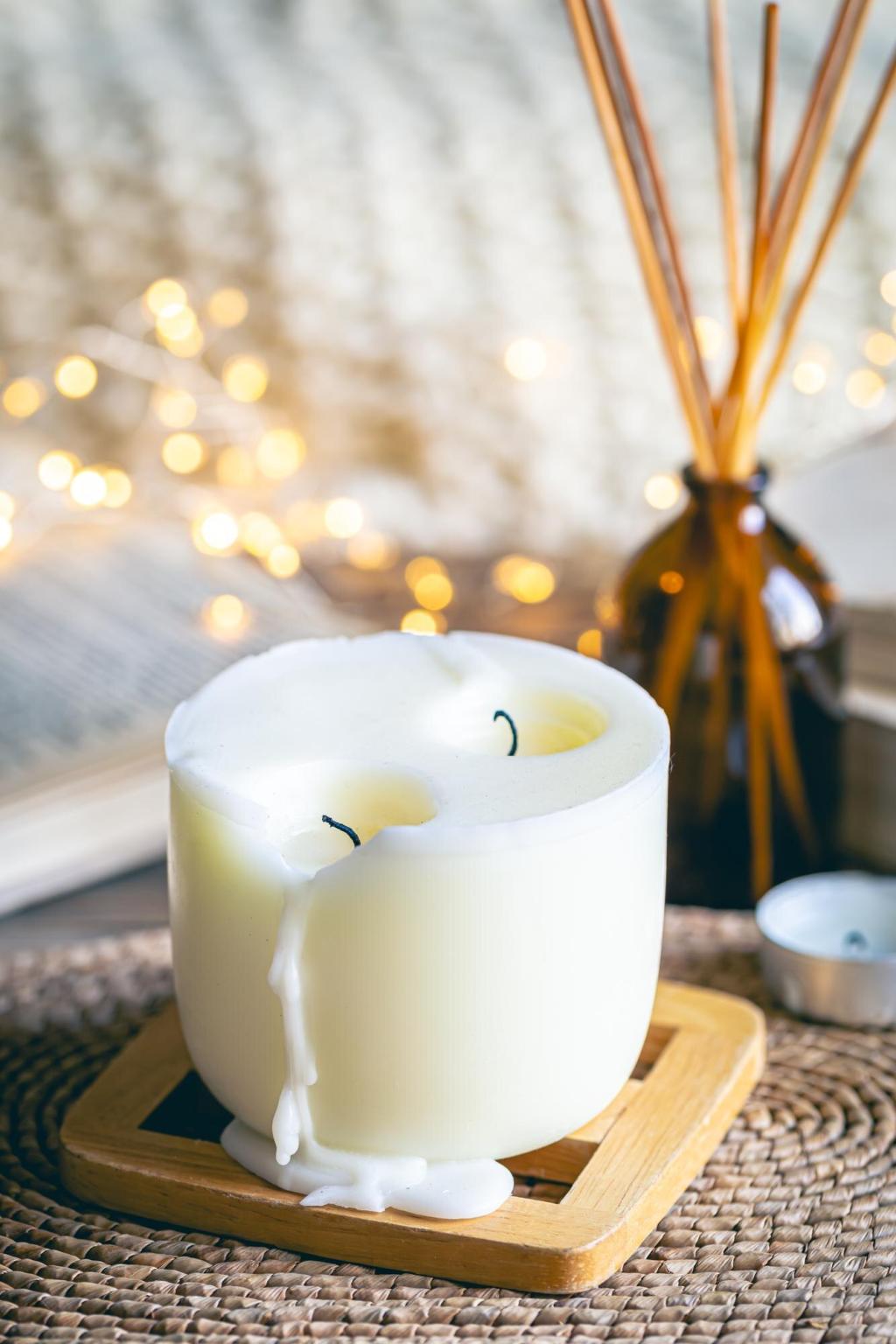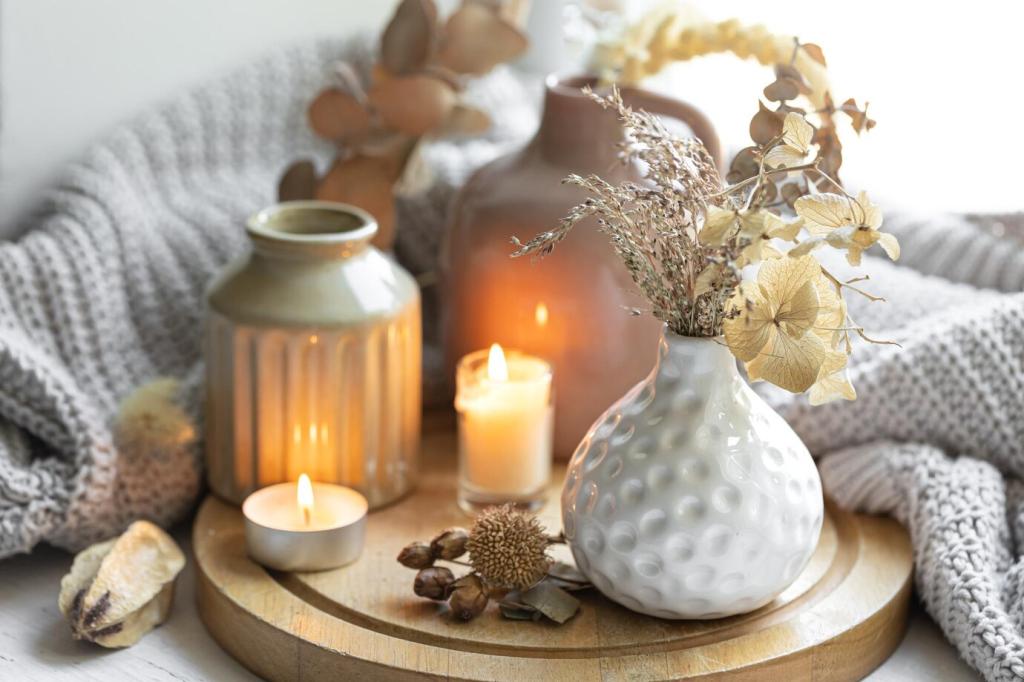Achieving a Zen Aesthetic in Home Styling: Quiet Beauty, Everyday Ease
The Essence of Zen at Home
When you subtract visual noise, the room begins to exhale. A reader, Maya, cleared one crowded shelf and felt her evenings slow. Edit surfaces weekly, leave intentional negative space, and notice how your breathing deepens in response.


Calming Colors and Living Light
Build from warm whites, gentle greige, mossy sages, and sand. Let a single accent—charcoal or inky green—steady the scheme. Paint large samples on different walls, watch how tones evolve, and note which hue supports calm in morning light.
Calming Colors and Living Light
Layer daylight with sheer curtains, low-glare task lamps, and dimmers. Avoid harsh overheads; bounce light off walls to soften edges. Track where sun lands at noon and dusk, then adjust placements for a luminous calm that shifts without strain.
Flow, Layout, and Low Profiles

Trace how you actually move from door to window, sofa to kitchen. Clear that line. Align a rug edge with your route, not the wall. When traffic flows without bumping corners, your nervous system quietly thanks you for the relief.
Place a shallow tray with sand or fine gravel on a console. Add a smooth stone, a tiny rake, perhaps a sprig of moss. Rake lines before emails, erase them after meetings, and feel your mind reorganize around gentler attention.
Bringing Nature Indoors

Sustainable Choices, Lasting Peace
Invest in fewer, better pieces: solid wood, wool, linen, ceramic. Avoid fast-furniture that frays your attention with maintenance. Make a wishlist, sit with it for a month, then purchase intentionally. Tell us what you decided to keep—or skip.


Sustainable Choices, Lasting Peace
Oil wood, mend seams, re-cover a cushion, sharpen blades. Maintenance becomes a calming ritual when done unhurriedly. Celebrate patina as a diary of use, not damage. Share a before-and-after story to inspire someone else’s quiet restoration.
